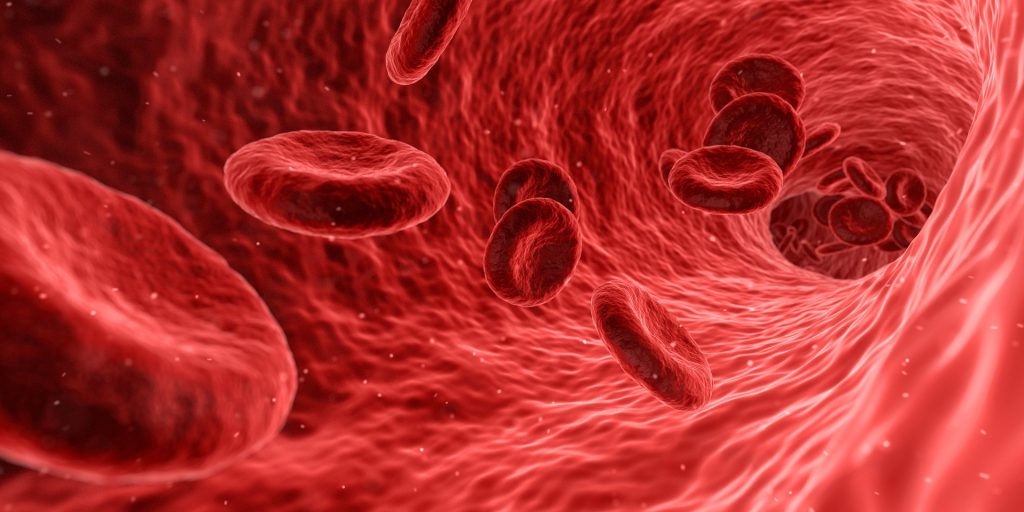Blood Pressure Meds May Lower Heart Risk Even For the Healthy

Blood pressure-lowering medication can prevent serious cardiovascular conditions such as strokes, heart failure and heart attacks even in adults with normal blood pressure, according to new research published in The Lancet.
Importantly, the study found the beneficial effects of treatment were similar regardless of the starting blood pressure level, in both people who had previously had a heart attack or stroke and in those who had never had heart disease.
The authors say that the findings have immediate and important implications for global clinical guidelines that typically limit blood pressure-lowering treatment to individuals with high blood pressure (typically above 140/90 mmHg).
“Our findings are of great importance to the debate concerning blood pressure treatment,” said lead author Professor Kazem Rahimi at the University of Oxford. “This new and best available evidence tells us that decisions to prescribe blood pressure medication should not be based simply on a prior diagnosis of cardiovascular disease or an individual’s blood pressure level. Instead, medication should be viewed as an effective tool for preventing cardiovascular disease in people at increased risk of developing heart disease or stroke. Clinical guidelines should be changed to reflect these findings.”
He cautioned, “We’re not saying that everyone must begin treatment. The decision will depend on an individual’s risk factors for developing cardiovascular disease, the potential for side effects and patient choice.”
In many Western countries as well as developing economies like South Africa, heart disease and stroke, linked to high blood pressure, are among the leading causes of death. Blood pressure medication is widely acknowledged as protecting people with a history of heart attack or stroke from having a recurrence, but there is debate about their use in people with normal or mildly elevated blood pressure.
To date, conflicting findings have come from studies examining whether blood pressure-lowering medication is equally beneficial in people with and without a history of cardiovascular disease, and at lower blood pressures warranting treatment (typically considered 140/90 mmHg or higher). This has led to contradictory treatment recommendations around the world.
For the current analysis, the Blood Pressure Lowering Treatment Triallists’ Collaboration pooled data from 344 716 adults in 48 randomised trials to investigate the effects of blood pressure-lowering medications.
Participants were classified as those with a prior diagnosis of cardiovascular disease (157 728 participants – secondary prevention group) and those without (186,988 – primary prevention group, without cardiovascular disease).
Each group was then divided into seven subgroups based on levels of systolic blood pressure at the start of the study. About 20% (31 239) of participants with prior cardiovascular disease and 8% (14 928) of those who had never had cardiovascular disease had normal or high-normal systolic blood pressure at the start of the trials (systolic blood pressure less than 130 mmHg).
Over an average of four years follow-up, 4324 participants experienced at least one major cardiovascular event (ie. heart attack, stroke, heart failure, or death from cardiovascular disease).
With every 5mmHg reduction in systolic blood pressure, the risk of developing major cardiovascular disease decreased by approximately 10% (18 287 vs 24 037 major cardiovascular disease in the intervention and comparator groups, respectively), stroke by 13% (6005 vs 7767), heart failure by 13% (3249 vs 4584), ischaemic heart disease by 8% (8307 vs 11 145), and cardiovascular disease mortality by 5% (4 825 vs 6 110).
The beneficial effects of the treatment did not differ based on a history of having had cardiovascular disease or the level of blood pressure at study entry.
“It is important that people are considered for blood pressure-lowering treatment based on their cardiovascular risk, rather than focusing on blood pressure itself as a qualifying factor for or target of treatment,” said co-author Zeinab Bidel from the University of Oxford. “We must provide well-rounded guidelines to lower risks for cardiovascular disease that include exercise, nutrition, smoking cessation, and – where appropriate – medication.”
The study has some limitations, such as only investigating the impact of baseline blood pressure and prior cardiovascular disease on treatment effects, so the findings cannot be generalised to other patient characteristics that have not been included in the analysis.
Additionally, effects on diseases other than major cardiovascular disease, including potential treatment side effects, were not specifically examined.
Source: News-Medical.Net
Journal information: The Blood Pressure Lowering Treatment Trialists’ Collaboration., (2021) Pharmacological blood pressure lowering for primary and secondary prevention of cardiovascular disease across different levels of blood pressure: an individual participant-level data meta-analysis. The Lancet. doi.org/10.1016/S0140-6736(21)00590-0.

